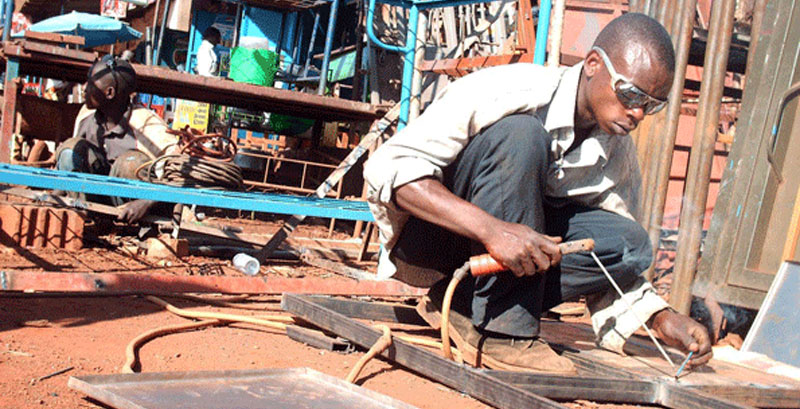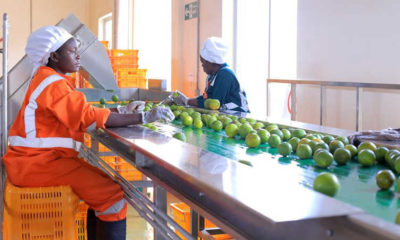Editorial
Promote Local Content in Oil sector for greater national benefit
Local content means participation in the Oil and Gas industry by Ugandan businesses, the public sector as well as individuals in terms of employment.
When all issues involved in the extraction of Uganda’s oil go well, by 2020, we should be an oil producing and exporting nation. In preparation for this, Government went ahead and asked the oil contracting companies, alongside their own technocrats, to come up with a plan to involve all the necessary aspects that we are able to come up with for the preparation and involvement in digging it up.
So, the three companies, CNOOC – the China National Offshore Oil Corporation – Tullow; and Total E&P Uganda and Government, came up with a study documented as the; Industry Baseline Survey, to find the Local Labour Content that we can provide for the smooth production of the oil.
Basically, they came up with a breakdown of the labour needs thus: 15% as the expert university degree engineering component; 60% as the technical, artisans and mechanical skills ability; and then, the 25% of the non-professional unskilled labour.
If you put that in numbers, the people who would get “direct” employment would number more than 150,000. These are not all necessarily permanent jobs, but a lot of these skills would be transferable to the time when the oil wanes, but that can be as far as ten years away.
That alone would address a significant content of this employment-starved country; and could indirectly and inclusively affect more than one million people in the oil producing areas, alone.
The downside of this is that, if Uganda does not get those jobs, they could “go” to our neighbours who have developed skills and certification for the type of jobs in their previous dealings with the oil industry and these specific companies.
Take an example of the drivers. The oil industry will require “professional” heavy goods truck drivers, very different from those we currently license as PSV – the passenger service vehicle; and are trained to carry cargo and loads of beyond 22.5 tonnes, that we currently deal with. Moreover, these drivers should have had infrastructural facilities and certification for their professionalism. Presently, we have neither capacity nor capability for this kind of technical labour.
This is merely one example, but there are other areas that have to be addressed. There are lower-level engineers, electricians and fitters, welders, craftsmen and artisans, caterers, health workers; and the like. A mention of these gives the impression that we have these type of labourers, but not quite.
Most of these categories that refer to the oil industry are very “technical” and pertinent to the industry, so they are a different category from the usual run-of-the-mill of the workers we are normally associated with.
Besides, all these categories needed their respective institutions for training that cater for their special certification to satisfy the requirements of the oil industry. Many of these institutions, apart maybe from Kigumba Oil Technical Institute, are present
And we only have three years to go to oil extraction; meaning that for this type of labour, we shall have to give out jobs. This is not good enough. There is an urgent and ardent need to address all these factors, promptly!
Comments



















